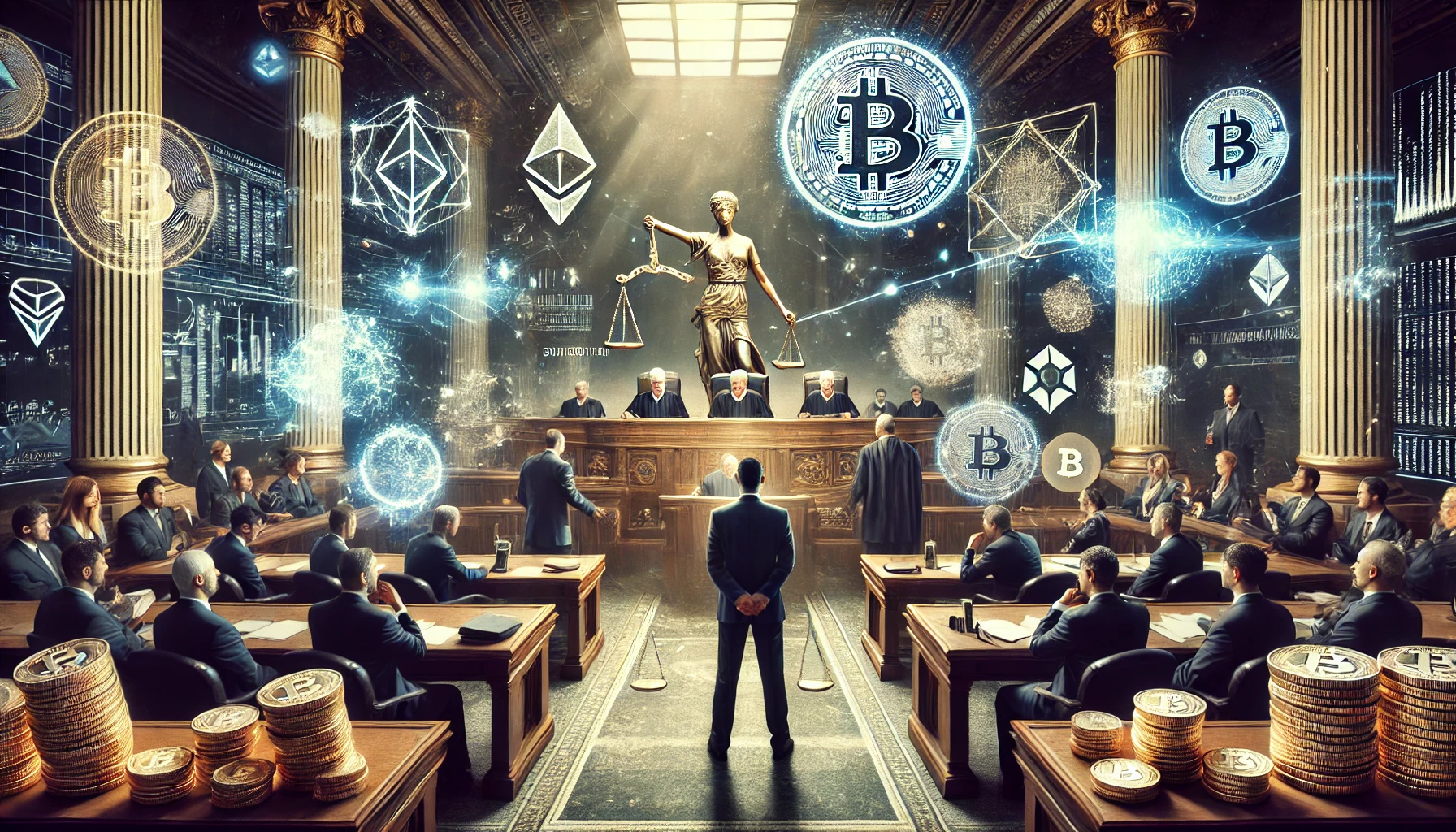The bankrupt Terraform, Do Kwon agrees to pay $4.5 billion to settle the SEC case.

Important points:Do Kwon and Terraform are permanently banned from buying and selling cryptocurrency securities. The former darling of crypto investors will have to pay at least $204.3 million as part of the settlement. Lawyers noted that this agreement is meant to emphasize that Kwon's "brazen" violations will not be tolerated.
The cryptocurrency company Terraform Labs and its founder Do Kwon have agreed to pay a massive fine of several billion dollars to settle a fraud case brought by the U.S. Securities and Exchange Commission (SEC). This is related to the collapse of the Terra-Luna stablecoin empire in 2022, which resulted in billions lost in the cryptocurrency market.
Court documents filed on Wednesday revealed that Terraform and Kwon have agreed to pay a multi-billion dollar fine as punishment and compensation. "The jury found that Kwon and Terraform are responsible for the intentional and reckless planning of one of the largest securities frauds in U.S. history. The proposed court order takes into account the scale of this fraud, introducing significant measures aimed at recovery, punishment, and deterrence, including a multi-billion dollar judgment against the defendants, and also ensures substantial and prompt compensation for the affected investors, who collectively lost billions in the collapse of the defendants' scheme," the court documents state.
The submitted documentation also indicated that Terraform and Kwon created the illusion of success for their crypto assets by claiming that the popular Korean payment app Chai uses the Terra blockchain for processing payments. As part of the agreement, Kwon is required to pay "no less than $204,320,196" from his own funds.
According to the terms of the agreement, Kwon and Terraform Labs permanently lose the ability to buy and sell digital securities, including all tokens related to the national Terra ecosystem, which is no longer operational. The current CEO of Terraform, Chris Aimi, has agreed to the terms of the agreement; however, it must be approved by a judge in New York overseeing the case before the terms can take effect.
Prosecutors' lawyers noted in a document submitted on Wednesday that this agreement "sends a clear signal that such brazen violations and disregard for federal securities laws, as occurred in this case (the Terraform case), will not be tolerated."
Reports of the agreement emerged just a few weeks after the appeals court in Montenegro overturned the order for the extrajudicial extradition of Kwon to his home country of South Korea. The Montenegrin court has yet to make a decision on the U.S. request for the extradition of the former crypto-magnate. South Korea and the U.S. have been trying for many months to extradite this ex-magnate. Kwon's business partner, known only by initials, was deported by Montenegro to South Korea in February.
Terraform filed for bankruptcy in January in an attempt to deal with legal issues. At that time, the company stated that it intended to settle its financial obligations to suppliers and employees.
Comment

Subscribe to the newsletter from Hatamatata.com!
Subscribe to the newsletter from Hatamatata.com!
I agree to the processing of personal data and confidentiality rules of Hatamatata






